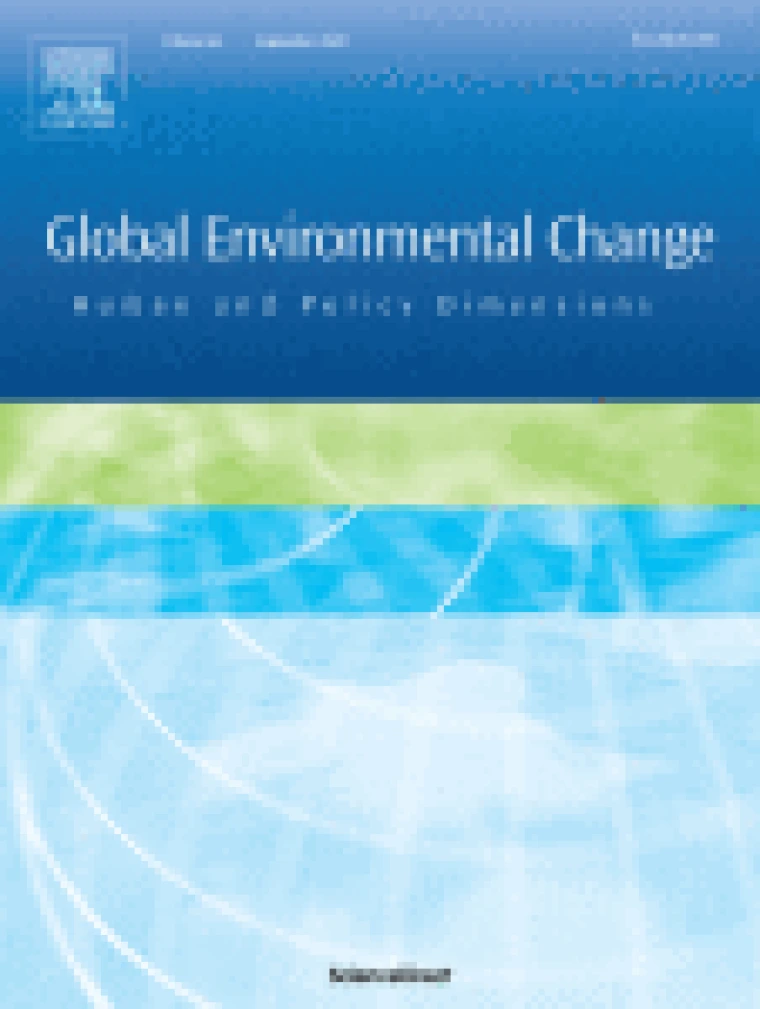Knowledge systems are mechanisms that can drive climate adaptation through the pursuits of enhancing resource sharing, collaboration, and learning, while at the same time helping to develop trust and credibility among individuals and intuitions. While these goals are widely discussed, less is known about the activities and strategies that knowledge systems undertake to achieve these goals. We analyze the Global Framework of Climate Services (GFCS) as a knowledge system organized around the translation of weather and climate information for decision-making. The GFCS brings together the World Meteorological Organization, national meteorological and hydrological services, and some of the world’s largest multilateral scientific, humanitarian, and development organizations. Our analysis draws on key informant interviews, focus groups conducted in African countries, and an online survey of GFCS participants. We describe the main activities pursued by the GFCS that shaped the vision of climate services, built capacity in national climate adaptation, and created connections among diverse actors and organizations worldwide. We show how these activities generated tensions about the purpose of the GFCS and how influence among the knowledge system was distributed. Based on our results, we illustrate new ways to conceptualize the strategies of knowledge systems, which we describe as (1) theorizing the norms of practice and mechanisms of change, (2) legitimizing actors, and (3) managing knowledge. These strategies identify pathways for, and pitfalls to, a knowledge system’s pursuit of its goals, providing guidance to managers of knowledge systems and an analytical framework to evaluate their impacts.


